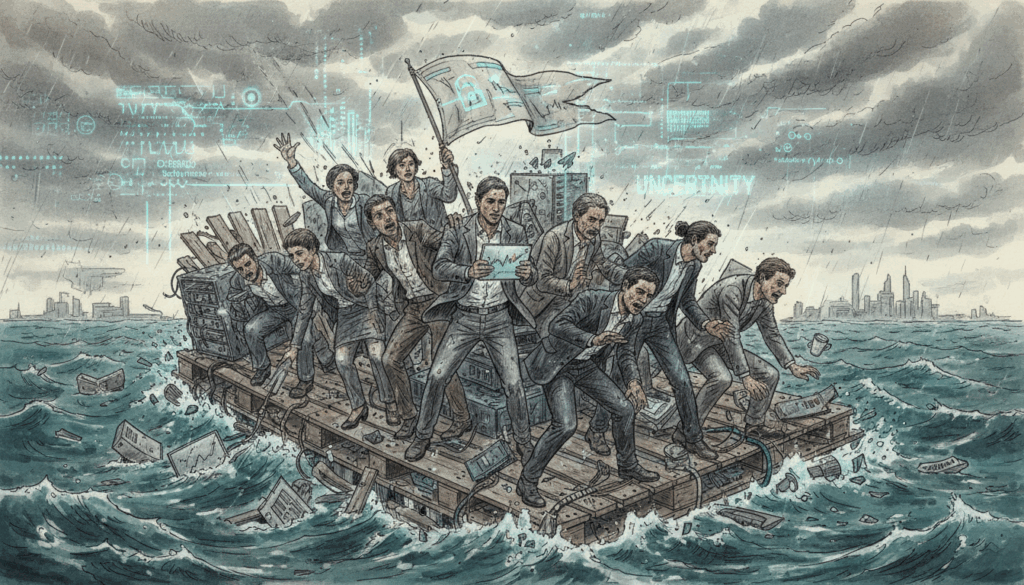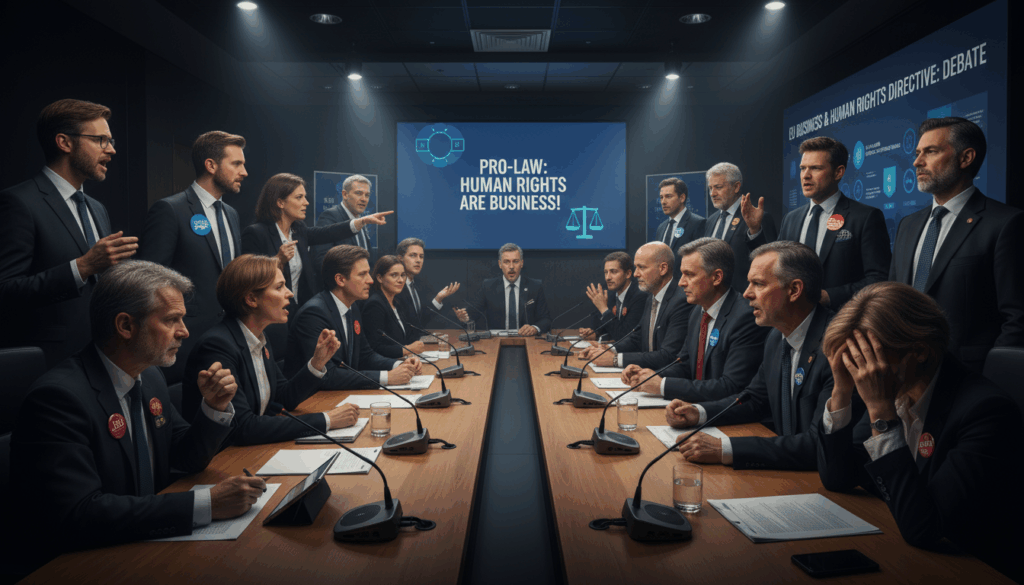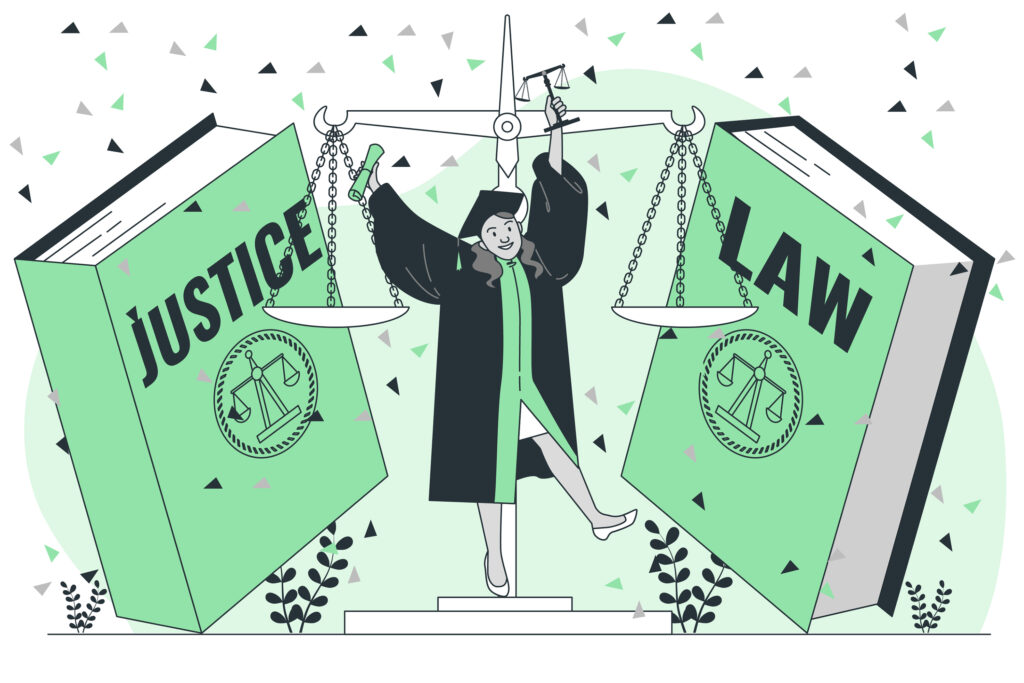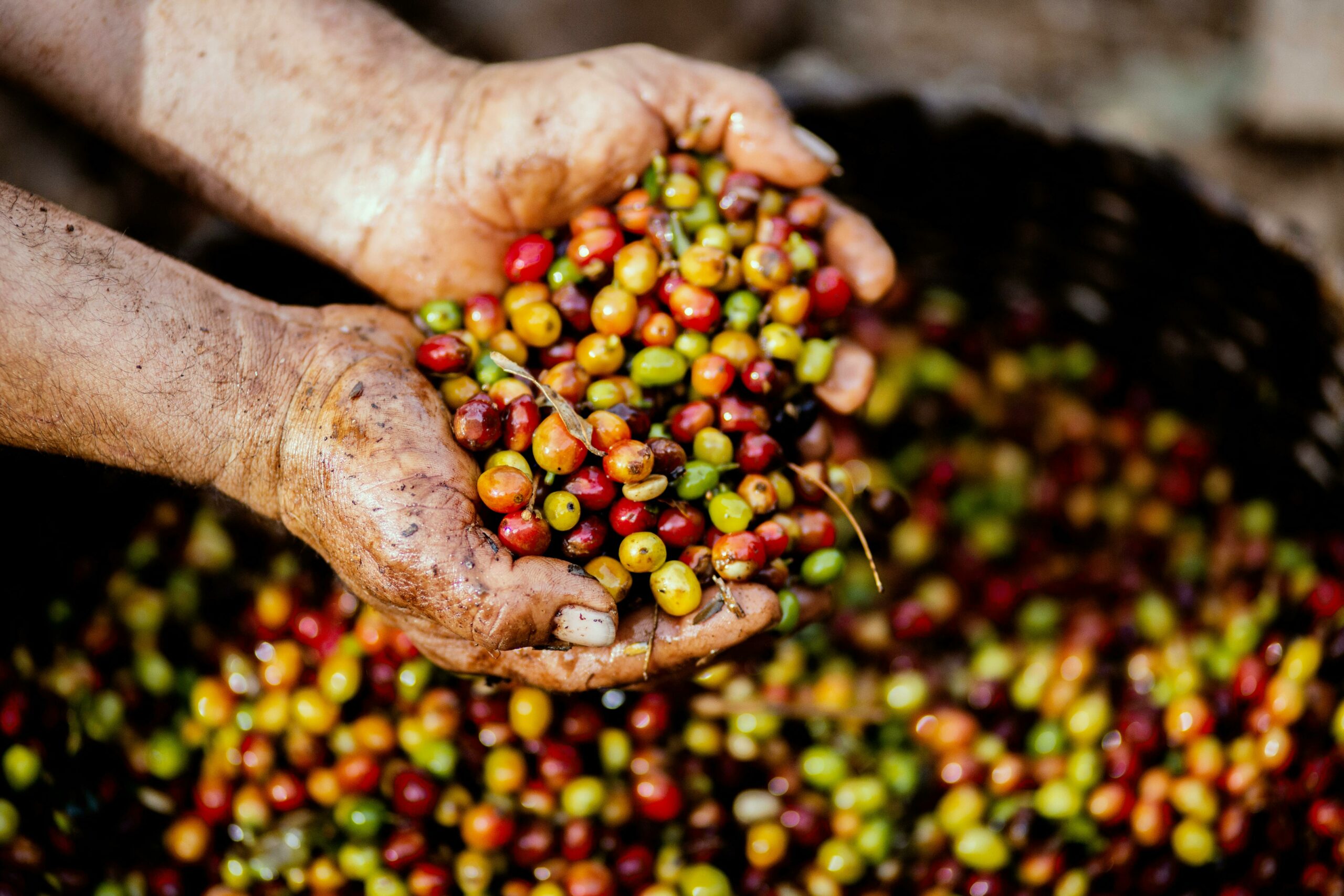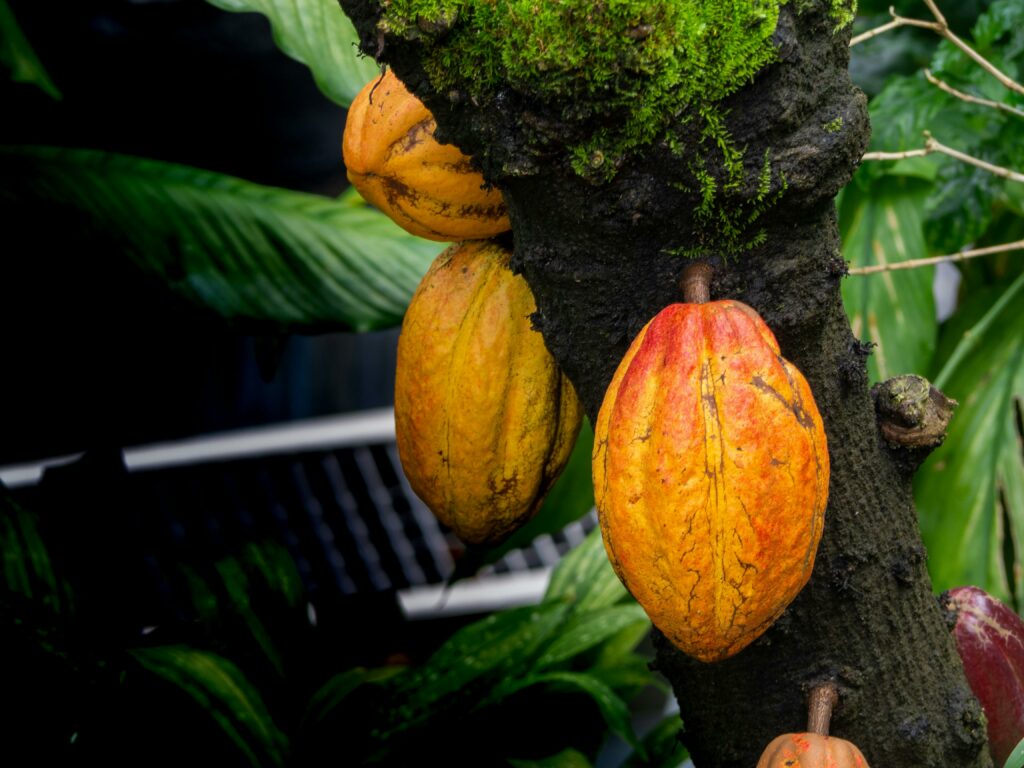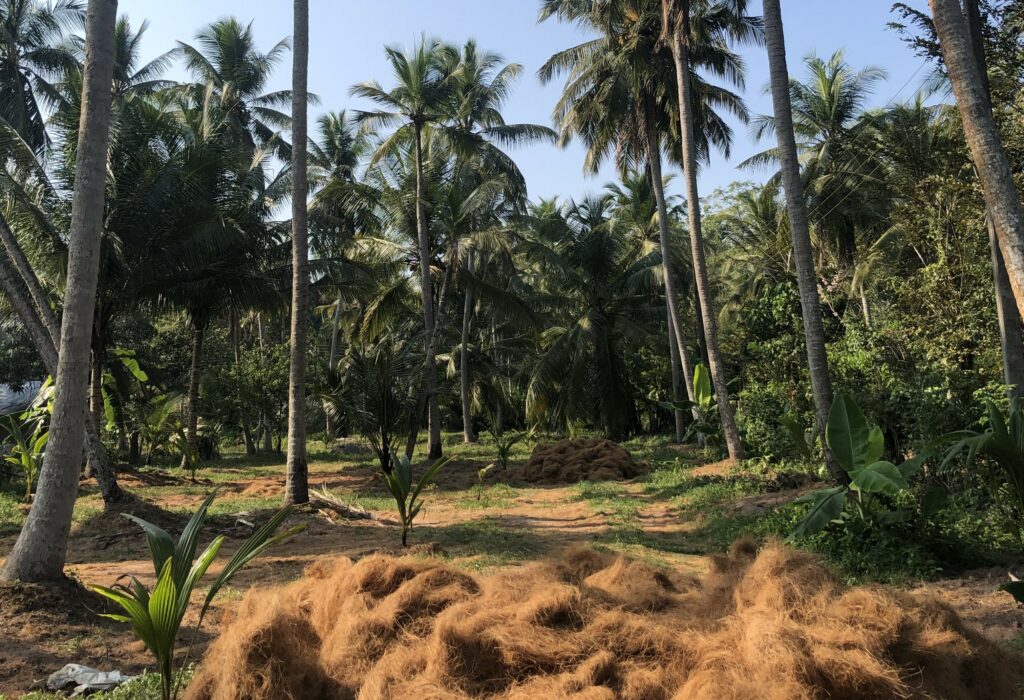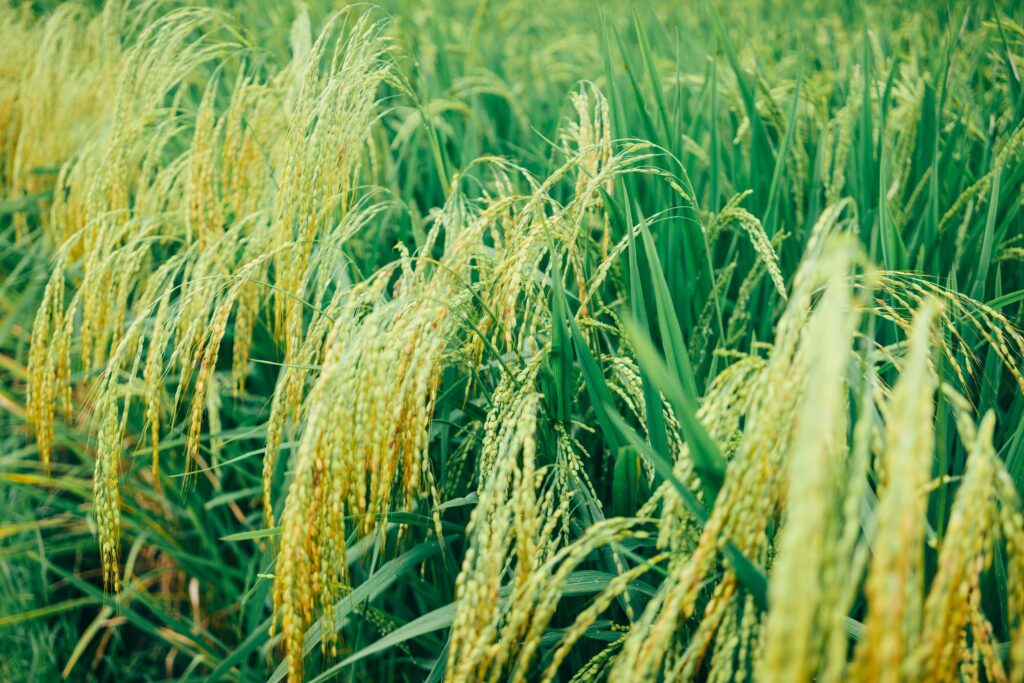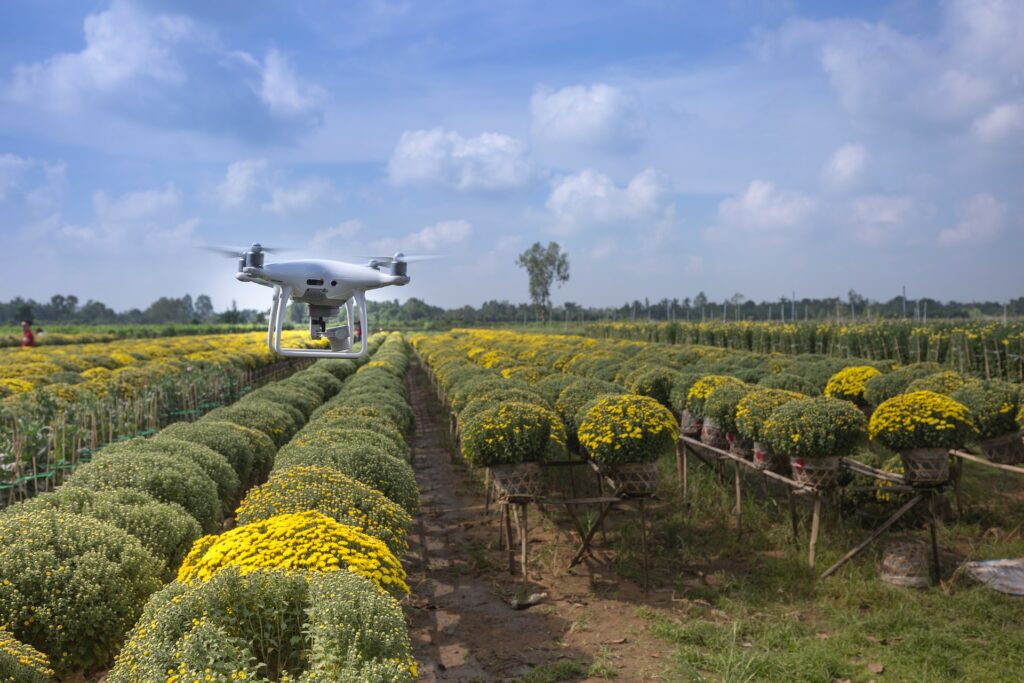ESG faces mounting criticism, but the solution isn’t abandonment—it’s smarter investment. Learn how Total Cost of Ownership thinking separates transformative value from compliance theater
Category Archives: Responsible consumption
Explore how AI testing, geopolitical uncertainty, and environmental crises reshape business strategy in 2026. Expert insights on resilience.
European businesses face trade wars, geopolitical tensions & slow growth. Learn how to build resilient operations through strategic risk management.
CSDDD faces deep cuts via EU Omnibus. Why do companies diverge? What should businesses do now to stay ahead?
Board of Directors, Climate Change, Corporate Social Responsiblity (CSR), Governance, Human Rights, Resilience, Responsible consumption, Responsible sourcing, Stakeholders, Sustainability, Sustainable Development Goals (SDG), Sustainable Finance & ESG, Work Conditions
Smart Regulation Drives Growth: OECD Insights
OECD research shows smart regulation boosts business. Learn how removing trade barriers and shaping better practices drives sustainable growth
Coffee is more than just a beverage; with over 2.25 billion cups of coffee consumed daily, it is one of the most widely consumed drinks in the world and one of the most traded agricultural commodities. The largest coffee-producing nations—Brazil, Vietnam, and Colombia—are responsible for 63% of the global supply, while major consumers such as the European Union and the United States dominate the market.
Cocoa is the main component of a vast industry with far-reaching repercussions on a global scale. While many of us love chocolate for its taste, cocoa has a less sweet side that poses serious problems. The cultivation and production processes are linked to complex challenges covering social, environmental and economic dimensions. Challenges, analysis and new solutions.
Low maintenance and investments in coconut farming challenge sustainability, impacting major producing nations and rural communities
Explore how rice, feeding one-fifth of global calories, faces supply chain challenges amid rising demand and declining yields
Digital technologies enable transparency and sustainability in agricultural supply chains, improving environmental and human rights practices
- 1
- 2


